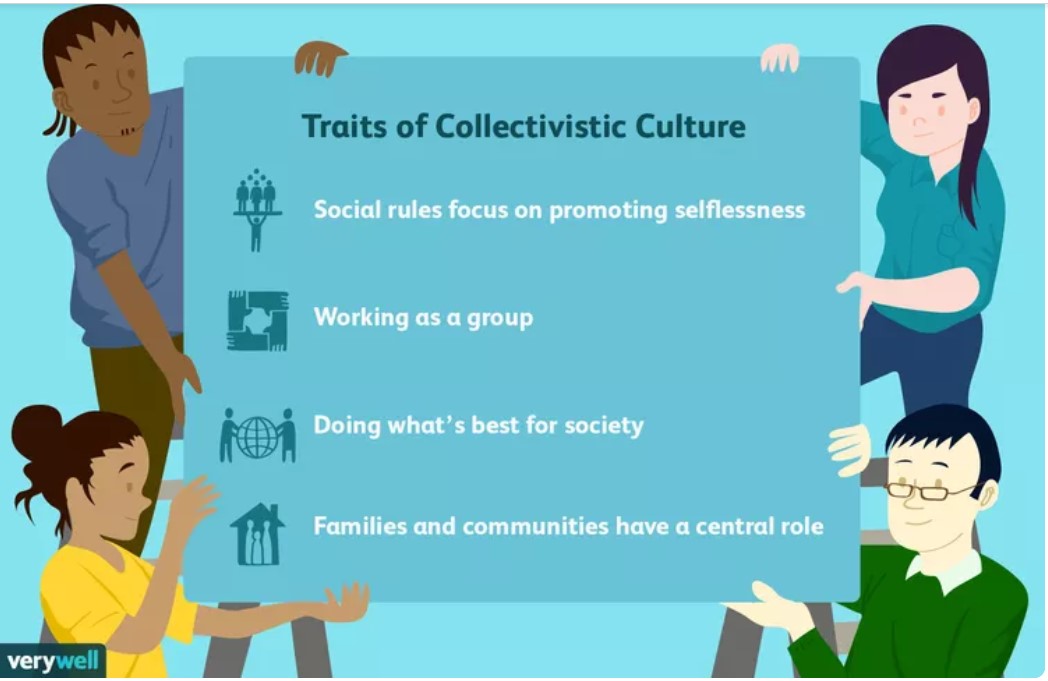The premise of this post is to examine the impact of progress upon the cultural perceptions that existed in 1778 when the United States was born. Progress is not a bad thing; the benefits in comfort, health and functional prowess cannot be denied. What also cannot be denied is that progress has altered human behavior.
The ideals of democracy, its philosophy and manner of governing, is a product of the Great Awakening, the intellectual era that lifted Europe and America out of the dark ages. Similar to citizen behavior today, the public held a defiant resistance against the power structures of the Dark Ages. The transition to a new culture where each individual participated in society was led by religious liberation from the corrupt and powerful control of Roman Catholicism. The Reformation, led by religious leaders, preached that every person had an equal place in the eyes of God.
Sociologically, human behavior at the time still was constricted by the primitive forms of communication and travel. There were large cities where trading and governance occurred but generally the common citizen was bound to local and regional economics and self-reliance on a day-to-day basis. The term used to cite this culture is ‘communalism’. This was the nature of society in 1778.
What follows is the description of a series of historical moments that changed the economics and social behavior of the public. It can be argued that the troubles of the United States in 2023 are the unintended result of progress.
֎ In 1778 it was virtually impossible for a citizen to communicate with anyone even 50 miles away. Daily responsibility to sustain survival took an immense amount of time, which also limited communication. As a result, the Declaration of Independence and the Constitution proposed a distributed form of governance that would allow every citizen to have a say in that governance. Hence the creation of a democratic republic divided into states, counties and districts.
The intent, philosophically, was to have each district contribute political or legislative needs and elected representatives that would be submitted to the county, then to the state. Each state then met with all the other states to pass legislation that accommodated local needs for the entire nation. In 1778, this process allowed each citizen, in principal, to participate in governing the nation in a way that accommodated a locally isolated society. The flow of information and decision making rose from the local communities, processed by the next level of governance and finally to represent national policies.
֎ In 1827 The Baltimore and Ohio Railroad opened its lines. The isolated nature of communal economics changed rapidly. Especially in agriculture, it was possible to integrate farm produce in quantities that required processing companies and much wider distribution to the end user. The local farmer was not dependent just on local markets to sustain his financial security. The bottom-up politics of communal economy had been displaced; processing corporations influenced many different districts, counties and states, often appealing directly to states and the national government. Further, transportation was a new political force that influenced national politics without the need to follow the bottom-up philosophy of democracy.
֎ From April 12, 1861 – April 26, 1865 the American Civil War caused severe damage to the idea of local self-sustenance. The war destroyed many communities and killed more than 600,000 soldiers (comparable to 7 million in today’s population). At the end of the war many did not or could not return home. Despite the truce that ended the war, the philosophy of a democratic republic continued to suffer because of racism and unwanted intrusion in Confederate states by the national government. Communalistic representation suffered a permanent change in daily life.
Even today the political scars remain that cause the two-party system to operate inappropriately in light of the philosophy of a democratic republic.
֎ The next culture-changing advancement in progress was the telegraph and telephone. The first public network was organized in 1877. Before 1877, if one wished to talk to another, it had to be face-to-face. Today, in 2023, we can recognize this new telecommunication device to be the first version of the smartphone! One more reason not to harness the pony and ride a mile and a half down the road.
As with all types of progress that covered many voting districts, the job of Gross Domestic Product (GDP) was removed from communal economics and was, politically at least, in the hands of corporations. Retrospectively, one can see that the nation was quickly replacing democracy with corporatism.
֎ The ultimate collapse of communalism and bottom-up democracy was caused by the internal combustion engine. No one needed to keep the pony around anymore. State fairs became popular and represented the local remnants of communalism – just as they do today. Still, it was a burden to travel too far on two lane roads that meandered from town to town having followed old roads from one community to another (Remember Route 66? It was started by Indians.). The two World Wars facilitated shifts in population to support industries needed by the wars, causing a breakup and redistribution of communal families. But the final blow came when Ike created the Interstate system. One could travel on roads that were not managed by states – only by national government contracts.
A ghost of the past is sustained by air travel. Remember your parents who still live in the old home where you were born? It takes an airplane to get there and back in a reasonable time.
So here we are today with an electorate that has no voting power. Political opinion no longer comes from dialogue within a community. The power lies with corporations and the wealthy class who fund very expensive campaigns most local people cannot afford and forces the communal person to pick from television ads, biased news programs and gaming strategies like gerrymandering and avoiding term limits. One recent suggestion is rank voting, which may help with the act of voting, but will not repair communalism, aka democracy.
It is time to have a constitutional convention. Yes, the mariner is as afraid of such an event as anyone. The reality is, however, that democracy doesn’t work anymore. What is the new equality? What is the new ‘all men are created equal’? How do we get there from here? Will wearing a gaming goggle help?
Ancient Mariner






 standing water at the back of the property; shrubs and decorative trees just can’t survive. This has happened frequently so mariner has decided to take Mother Nature’s advice and plant River Birch (Betula nigra). This tree thrives in swampy ground found in low spots, especially near ponds and rivers. What is fascinating is the tree’s habit of shredding bark every year (see picture). Insects have a hard time burrowing into smooth bark. Also, as bark peels off, it gets rid of moss and lichen that thrive in the same damp environments as birch trees.
standing water at the back of the property; shrubs and decorative trees just can’t survive. This has happened frequently so mariner has decided to take Mother Nature’s advice and plant River Birch (Betula nigra). This tree thrives in swampy ground found in low spots, especially near ponds and rivers. What is fascinating is the tree’s habit of shredding bark every year (see picture). Insects have a hard time burrowing into smooth bark. Also, as bark peels off, it gets rid of moss and lichen that thrive in the same damp environments as birch trees.